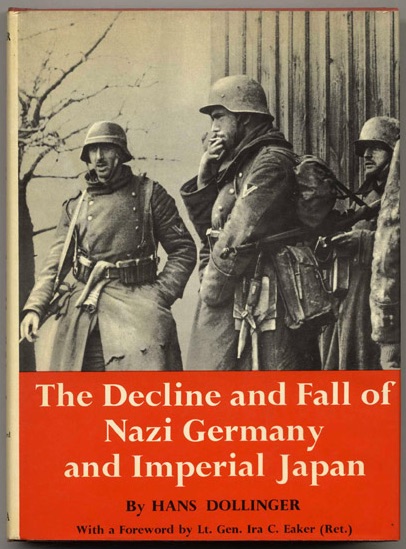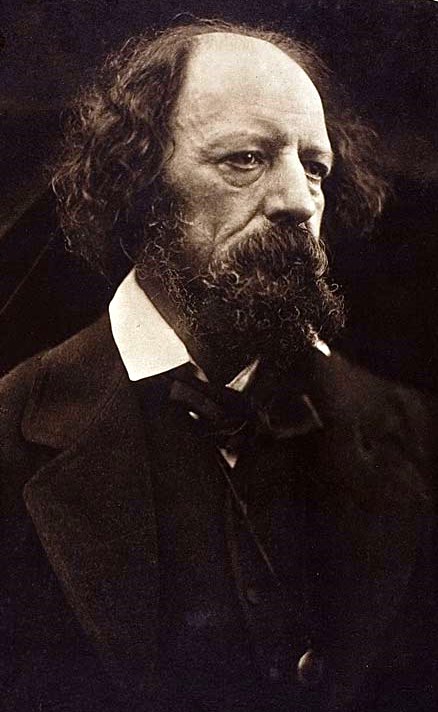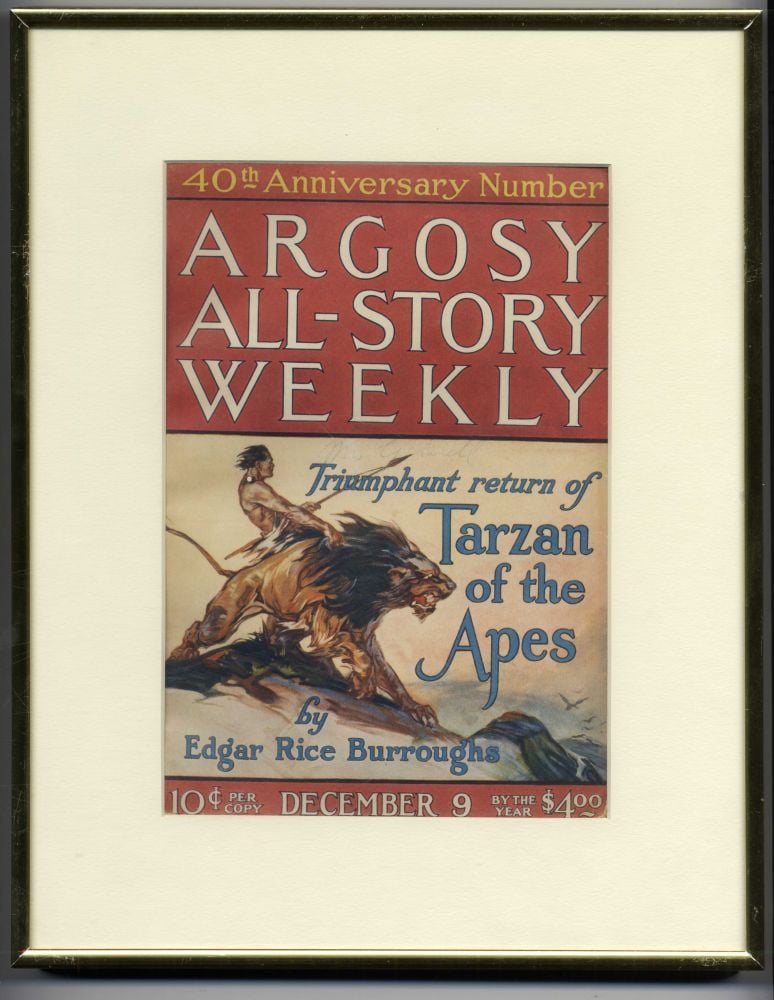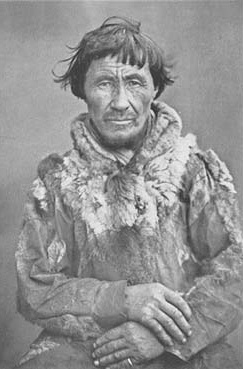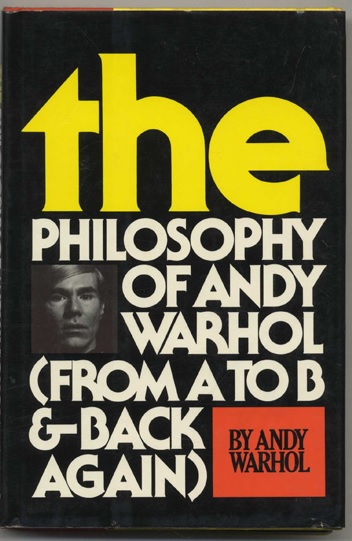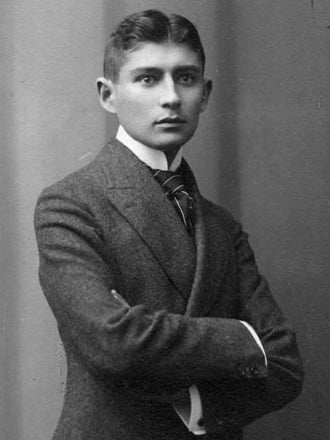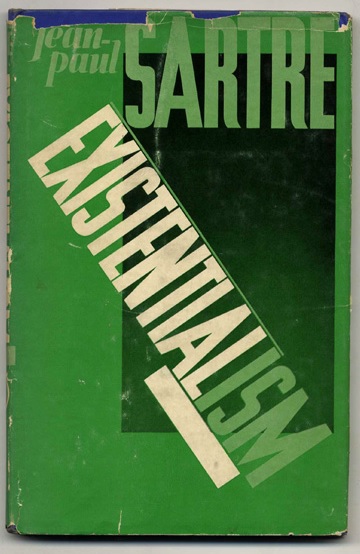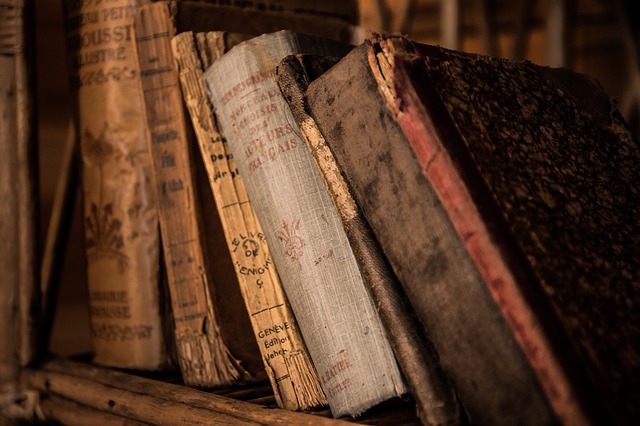The cover art of Reading with Dad by Richard Jorgensen depicts a worn leather chair. On it sits an open book, and beneath it, two pairs of shoes—one large and one small. The chair is not unlike the ones found in our home library. The small shoes are not unlike the lace-up Keds that have littered our house over the years in a rainbow of colors and in various stages of disrepair. The larger shoes are very much like those whose footprints my daughters try to follow. They are Dad shoes.
If one is to believe the predominant image presented in television commercials and sitcoms, then Dad is a hapless side-kick. While Mom deftly goes about the business of parenting, Dad forgets schedules, dishes out junk food for breakfast, and secures diapers with duct tape. As humorous as the hapless dad image may be, in real life, the role of dad is a complex and important one. The wonderful dads I know strike the right balance between protecting and empowering, between providing necessities and promoting self-sufficiency, and between accepting and expecting. While managing all of this, good dads also work to build relationship and to pass on their wisdom and their passions to their children. This is a tall order and seems to call for a Swiss Army Knife worth of tools. One of the best tools in that arsenal is reading.
Read more...




